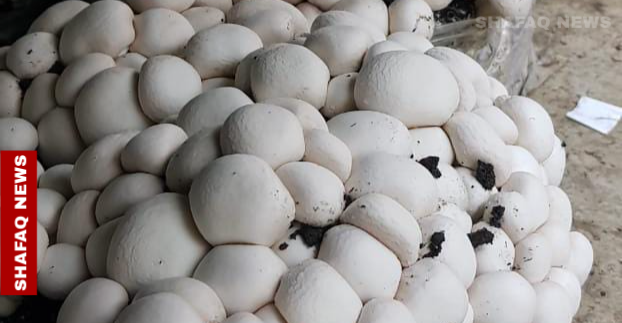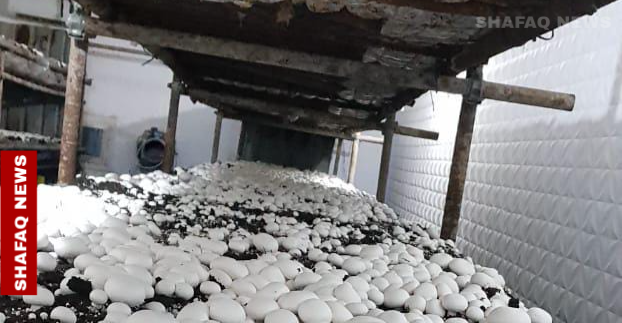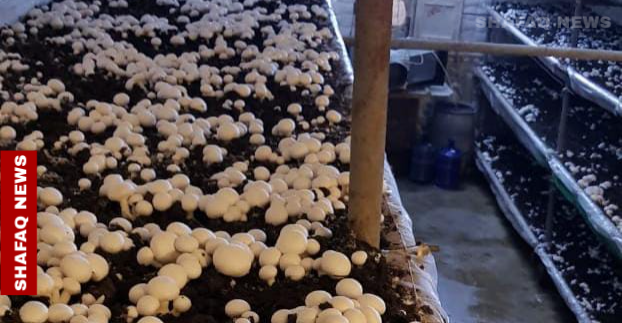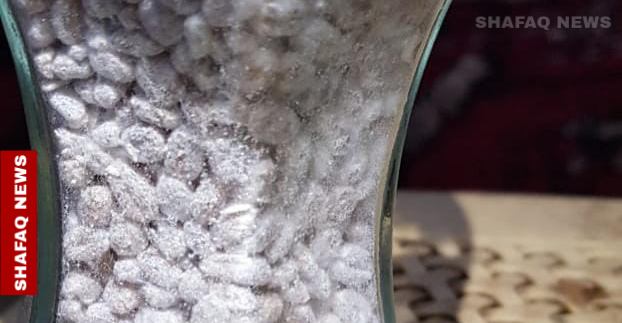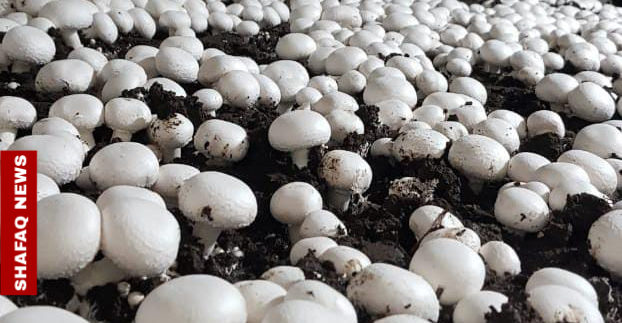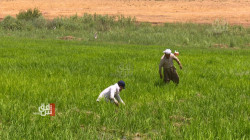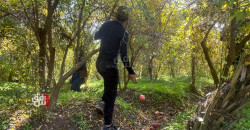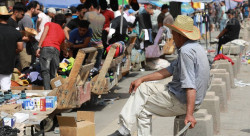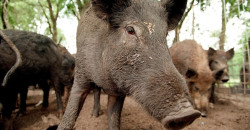Iraq’s mushroom pioneer: Farming against all odds
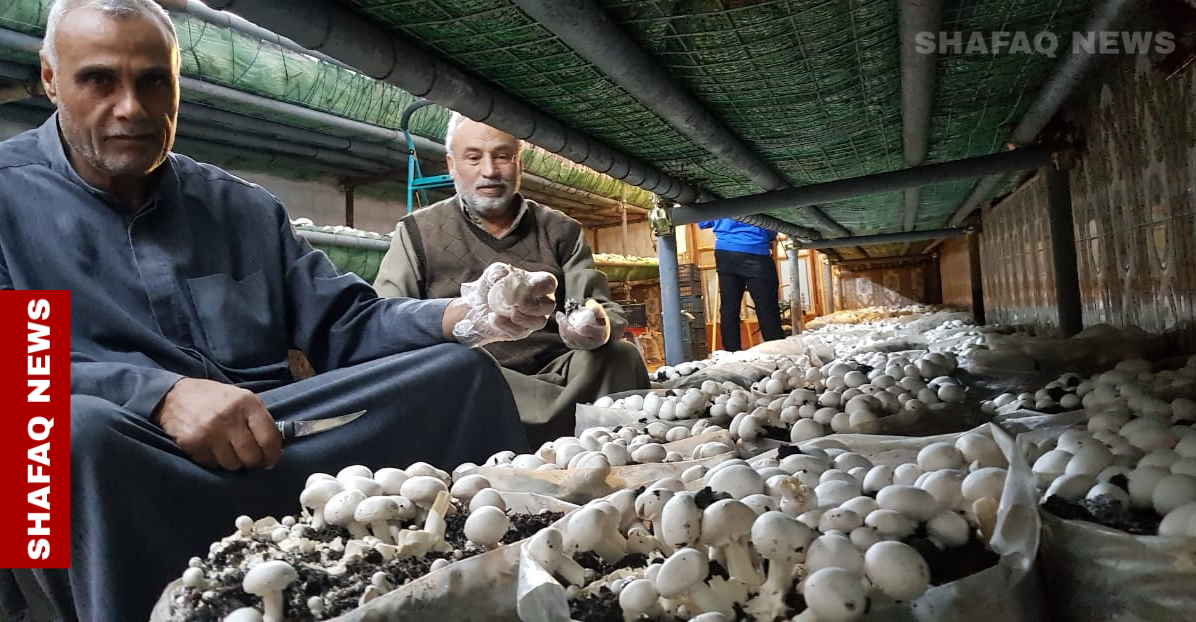
Shafaq News/ Iraq’s agricultural sector has long struggled with challenges. Yet, amid these obstacles, farmer Hassan Al-Moussawi has emerged as a trailblazer, establishing Iraq’s first large-scale mushroom farm in al-Diwaniya Province. His 15-year journey, marked by perseverance and innovation, offers a blueprint for local agricultural self-sufficiency in a country heavily dependent on foreign produce.
Iraq’s agricultural sector faces systemic challenges, including inefficient irrigation, soil salinity, reliance on imports, and the worsening effects of climate change. Desertification has further reduced income opportunities for rural communities, while political instability and decades of conflict have disrupted farming activities, displaced populations, and weakened infrastructure.
The dominance of imported agricultural products has made it difficult for local farmers to compete, making initiatives like Al-Moussawi’s farm critical for the sector’s future.
A former construction contractor from Afak district, Al-Moussawi ventured into mushroom farming in 2009 without formal training. Over seven years, he faced repeated failures, refining his techniques through trial and error.
“It was an exhausting journey filled with setbacks, but every failure taught me something new. I was determined to succeed,” Al-Moussawi told Shafaq News.
Today, his farm stands as the largest mushroom production facility in central and southern Iraq, officially certified by the Ministry of Agriculture. This achievement underscores the potential for local innovation to address Iraq’s agricultural challenges.
Mushroom farming demands meticulous precision. Al-Moussawi’s process begins with compost preparation, where a nutrient-rich base is created using chicken waste, straw, borax, urea, and water. The compost is then pasteurized at controlled temperatures between 54°C and 62°C for six to eight days to eliminate contaminants. The final stage, incubation and harvesting, takes 20 days, during which mushrooms mature into high-quality produce.
“A single error in temperature or humidity can ruin an entire crop,” Al-Moussawi emphasized.
One of the biggest hurdles in mushroom farming is seed production, which requires specialized expertise. Al-Moussawi credited collaborations with regional agricultural specialists, including Jordanian expert Jamal Jahjaj, for his success. “Iraq lacks platforms for knowledge exchange, which discourages many farmers from entering this field,” he noted.
Despite his achievements, Al-Moussawi faces stiff competition from Iranian imports, which dominate 97% of Iraq’s mushroom market. Lower production costs allow Iranian mushrooms to be sold at significantly cheaper prices, undercutting local producers.
“The market is flooded with imports, but the quality of Iraqi mushrooms is unmatched.”
Wholesale mushroom prices in Iraq range from $4.79 to $9.57 per kilogram, while retail prices vary between $6.84 and $13.68 per kilogram. Yet, local production remains insufficient to meet demand, underscoring the need for investment in domestic farming.
